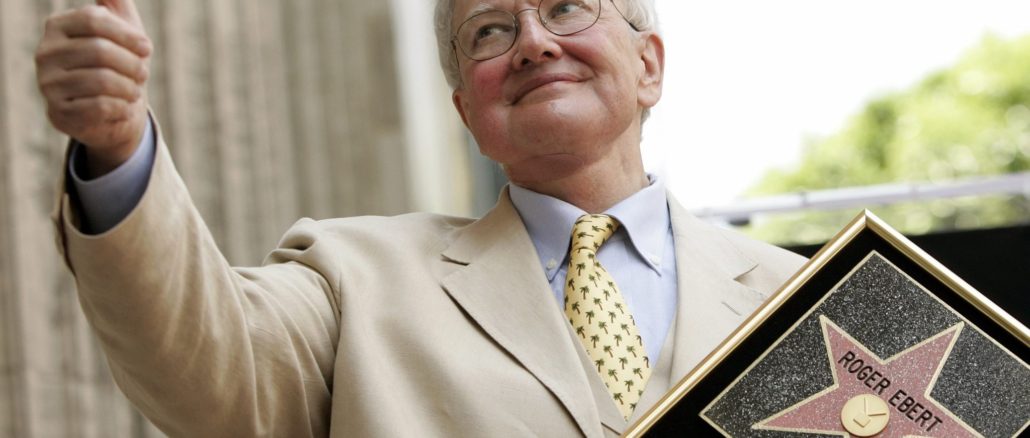
The late Roger Ebert led a life worthy of any of the 10,000 films he reviewed in his 50 year career, the final moments of which are captured in Steve James’ just released documentary Life Itself. Ebert took film criticism to a new level, becoming the first film critic to be awarded The Pulitzer Prize, all the while battling alcoholism and depression. He famously championed previously unheard voices from all walks of life such as Martin Scorsese and Michael Moore and brought film criticism to the mainstream, championing a more informal, conversational style, often to the chagrin of his more high-minded peers.
James vividly captures these early years, with the memoir driven scenes obtaining a Kid Stays in the Picture feel, but it’s Ebert’s later years that hit hardest. Diagnosed with throat cancer in 2005, Ebert began to lose his ability to swallow or speak, and eventually had to have his lower jaw removed. Unable to present his show, chew food, walk and being forced to use a computer and keypad to speak, Ebert at times appears to be a mind trapped in a prison of a body. These moments are all the more unbearable knowing that this is a man whose words and voice were his greatest tools.
What is truly inspiring about Ebert though, and the film itself, is the man’s determination. Rather than waste away, he put his keyboard and computer to use. He continued to write reviews on his website with the same productivity and quality for which he was famous (all of which are available to view and online and are essential reading) even as his body dilapidated. The normally cold and distant Werner Herzog puts it perfectly: “He is a solider of cinema, who cannot even speak anymore and yet he ploughs on, that touches my heart immensely.”
James avoids presenting Roger as flawless. Harsh words are reserved for him by friends as well as rivals, with one old friend describing him as “a nice guy. Sometimes.” One of the most fascinating aspects of Roger’s story was the relationship he shared with his co-host Gene Siskel. The film unearths outtakes from their show wherein the two don’t share tension; so much as they are downright hostile with each other.
Like life itself, the film is all the more heart-breaking due to the inevitability of the ending. Eventually even Roger’s hands give up, shortly after which he passed away. His legacy is immeasurable and thanks to his website and James’ film, we have him forever. Full of love, rivalry and passion, James’ film captures all of this. Mandatory viewing for fans of cinema.
Ryan Foynes




Leave a Reply